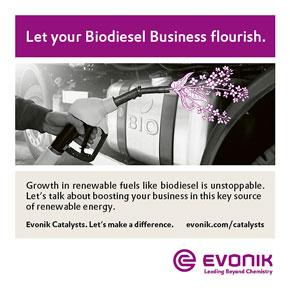European low-emission mobility strategy under fire from ethanol industry
Destructive policy towards the ethanol industry in Brussels could continue to drive away billions of euros in investments and cost rural communities tens of thousands of jobs, a European ethanol producer says.
Ethanol Europe Renewables (EERL) claims that the European Commission’s (EC) new Low-Emission Mobility Strategy could cause massive losses in incomes, jobs, and the general European economy.
In addition to the permanent loss of 133,000 rural generated jobs supported by the ethanol industry, EERL estimates that by 2030 losses every year could be as high as 30 million tonnes of feed corn and feed wheat demand for Europe’s farmers, €4 billion in lost income for farmers, and 13 million tonnes of lost CO2 savings – the equivalent of keeping 8 million extra cars on the road.
Additionally, €8 billion in revenue from ethanol could be replaced by biofuels that are mostly more expensive and in some cases less environmentally friendly.
“The negative impact of these policies on Hungarian GDP alone we estimate at €1billion,” Mark Turley, CEO of EERL, said in Budapest in response to the EC’s strategy.
“Since 2008, the EC has progressively undermined the conventional ethanol industry by taking policy direction from ideology and dismissing science. Ethanol’s sustainability, value to rural communities and its value as the lowest cost carbon abatement technology in the transport sector has been proven beyond doubt. And in the face of those facts, the Commission has proposed to abolish the entire industry, and not even provided a reason,” he said.
‘Strategy lacks realism’
The Low-Emission Mobility Strategy identifies biofuels as the most important technology for reducing emissions in road transport.
It shows that by 2050 liquid biofuels would constitute 61% of alternative fuels, while electric cars would achieve just 16%.
The new strategy envisages replacing the existing ethanol industry with advanced biofuel plants, but EERL says low levels of confidence in policy stability have so far caused advanced biofuel investors to flee Europe.
“Incentives and policy support are essential to develop an EU advanced biofuel industry. However, the EC’s new strategy lacks realism, further undermines confidence and is incapable of delivering the emission reduction targets set out.
“The ultimate irony is the EC’s admission that the strategy will increase emissions from road transport by 13% in 2030 and 15% by 2050 over the benchmark year of 1990. That is in large part because it sees biofuels as replacing other biofuels rather than replacing oil, resulting in effective support for continued use of fossil oil,” Turley said.
EERL sees the EC’s refusal to differentiate between biofuels as the “core of the problem”, which is says will “blacken ethanol’s standing”.












